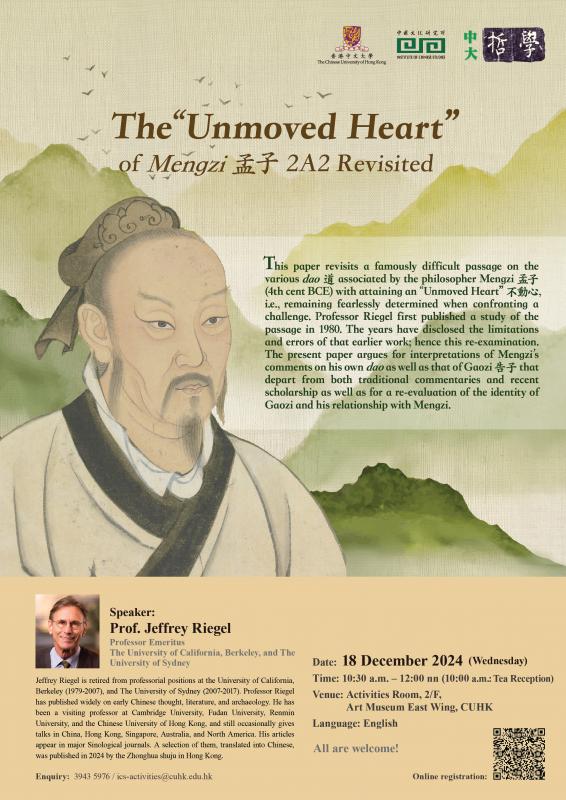
The Kyoto School is a philosophical school in Japan centered around Kyoto (Imperial) University, co-founded by Nishida Kitarō and Tanabe Hajime. In recent years, this School has gradually gained international attention in the field of philosophy, partly due to the establishment of international academic societies and journals on Japanese philosophy.
However, due to the way Japanese philosophy has been received in the West since the 1960s, it is often characterized as an antithesis to Western philosophy by overemphasizing the “Japanese” or “Eastern” nature of Japanese philosophy. Both Nishida and Tanabe indeed emphasized the Eastern characteristics of their philosophies in their later years, and the fundamental concept of “absolute nothingness” in their philosophies may have strengthened their Eastern character. Nevertheless, when Nishida and Tanabe established their respective philosophical standpoints, the “logic of place” and the “logic of species,” and proposed the concept of absolute nothingness, they were not grounded in “Eastern” concepts but rather in Western philosophy. They advocated these in response to the question of what constitutes true knowledge. This talk aims to elucidate how they established the “logic of place” and the “logic of species” as theories of knowledge, which are the basis of the Kyoto School philosophies.
Speaker
Dr. Satoshi Urai
JSPS Postdoctoral Fellow, Hokkaido University
Tel: (852) 3943 7135
Fax: (852) 2603 5323
Website: http://phil.arts.cuhk.edu.hk/


